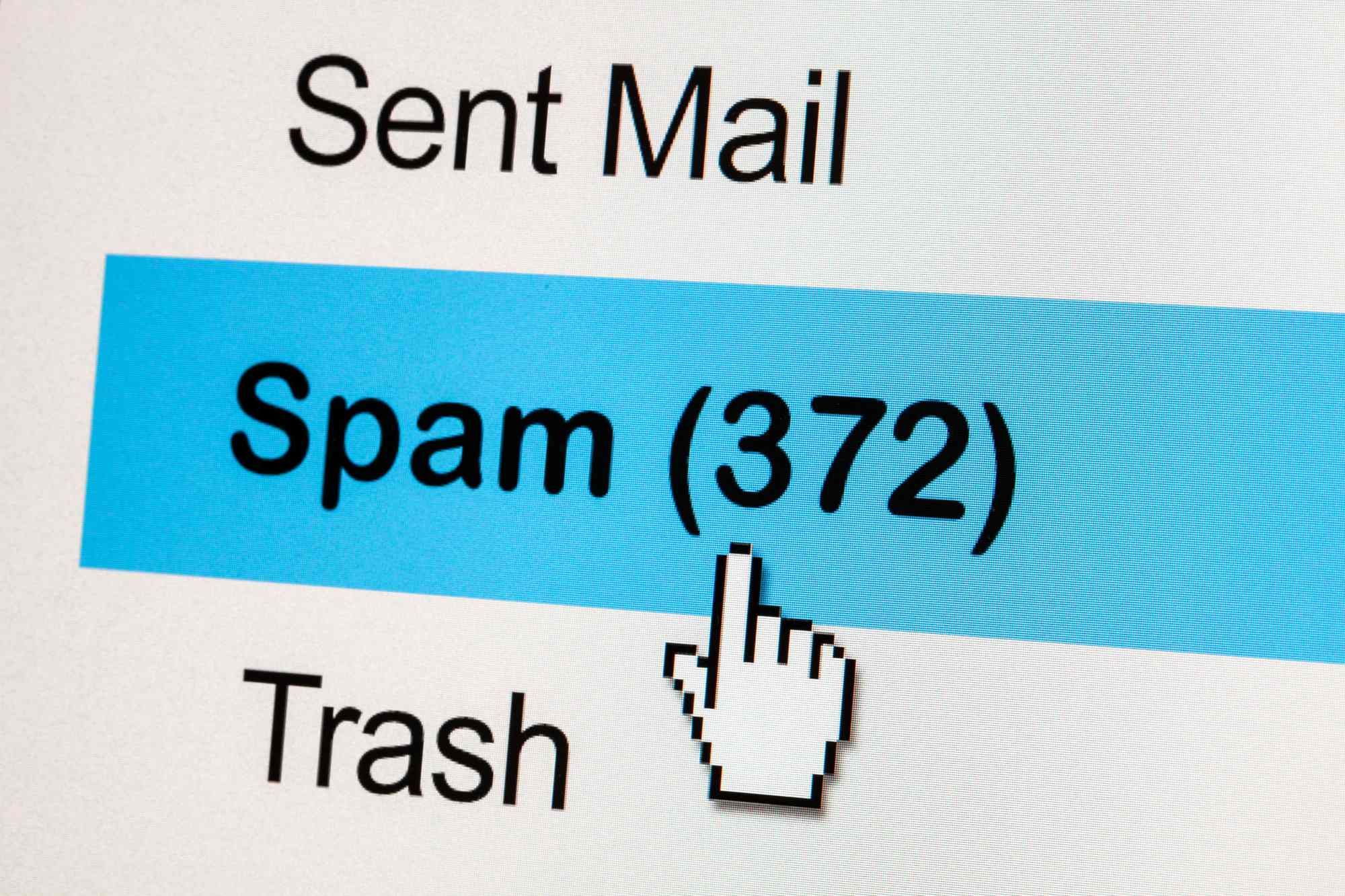Top Class Actions’s website and social media posts use affiliate links. If you make a purchase using such links, we may receive a commission, but it will not result in any additional charges to you. Please review our Affiliate Link Disclosure for more information.
Virtually everyone with an email address has been the target of a marketing email campaign. Whether the email makes it through your spam filters or you are sifting through your junk email to make sure you didn’t miss something important, annoying email advertisements are a fact of life.
However, you may be surprised to learn that there are laws in the United States that restrict the use of email advertisements. Companies that violate these laws may find themselves facing a spam email lawsuit.
What is Email Advertising?
According to marketing company SendPulse, email advertising is simply marketing performed by email. The company recommends that businesses receive permission to send marketing emails, noting that the use of unsolicited bulk email marketing campaigns are a “thing of the past.”
However, anyone with an email box can attest to the use of unsolicited bulk emails. While they are cheap and easy to send, SendPulse says that they can actually hurt a business’s reputation and even profits. The overuse of bulk or spam emails also resulted in the CAN-SPAM Act of 2003, notes the marketing company, that implemented restrictions on marketing email campaigns.
How does Email Marketing Work?
According to SendPulse, even as consumers reject spam emails and tinker with their junk filters, email marketing remains a central marketing tactic used by companies. There are a number of ways a company can design an email marketing campaign.
Some companies purchase lists of email addresses and simply blast an email to everyone on the list. These bulk emails are commonly known as spam and marketing companies warn that, at worst, they may be illegal, and, at best, they are unwelcome from the recipients and may lead to a loss of business.
Advertising companies recommend businesses obtain an opt-in from consumers before sending them advertisements by email. Consumers expect and, perhaps, even welcome the advertising emails. Businesses can obtain consent through email signups on their websites or newsletters.
Marketers also warn businesses against using deceptive subject lines in their marketing email campaign ads. Advertising company, VerticalResponse says that the subject line should accurately reflect the content of the email. In fact, some businesses have been fined for using email subject lines that deceptively told consumers they had gotten something for free or won a prize.
Advertising emails should also offer consumers a clear, easy, an effective way to opt out, say marketing experts. A simply click of an “unsubscribe” link should opt consumers out of an email marketing campaign without much effort, including remembering account names and passwords or dealing with broken links.
Targeting as a Marketing Email Strategy

In fact, according to Omnisend.com, businesses can “segment” their email lists based on consumer characteristics to send emails to targeted populations.
However, even targeted email marketing campaigns must meet certain legal standards or the business behind them may face steep fines under federal or state laws.
How to Avoid an Annoying Marketing Email Campaign
Consumers have a few methods to avoid spam emails that may contain misleading information, according to Popular Science. Protecting your main email address by either not signing up for newsletters or otherwise providing it to companies is one way to avoid getting on a spam email list. In addition, consumers can use a secondary email address when businesses force your hand and require you to enter an email to use their website.
In addition, most email service providers offer filtering programs to stop spam emails before they get to your inbox, says Popular Science. You can also use third party extensions for even more protection.
Using the “unsubscribe” option often can also help consumers opt out of an annoying marketing campaign, as well, according to Pop Science. Sometimes “unsubscribe” links are offered in the body of the email and more email services are providing their own option. There are also “report” and “block” features available through most email providers.
When is Advertising by Email Illegal?
There are federal and state laws that protect consumers from deceptive email advertising. In 2003, the CAN-SPAM Act was passed by the federal government in response to annoying bulk email advertising campaigns. Under the Act, businesses are prohibited from using false or misleading subject lines or headers in their advertising emails. In addition, businesses must meet the following requirements when using email marketing:
- The email must be identified as an ad
- The business must provide a physical location or address
- An opt out option must be provided
- Opt out requests must be promptly honored
- Businesses are responsible for the actions of third party advertising companies
In addition, certain states have laws protecting consumers from illegal email advertising. Under Florida’s Deceptive and Unfair Trade Practices and Electronic Mail Communications Acts, businesses are restricted from sending misleading emails to consumers. Under the laws, Florida residents who receive misleading marketing emails can recover up to $500 in statutory damages for each email they received.











4 thoughts onHave You Been Targeted by an Illegal Marketing Email Campaign?
Point Hub and Other Porn Sites. My 📧 Email was put in by Someone Else.
I do not live in Florida. I live in Michigan. But I purchased items from a company based in California last year, & I keep receiving emails from this company. I have directly messaged the company by directly emailing them about 3 weeks ago, asking them to remove my email address from their emailing list. I received an email from this company, telling me to log onto their website & click unsubscribe. When I try to log onto their website, it says my email address is not found. But I still receive at least 2 emails a week from this company. It is impossible for me to unsubscribe to this companies email list when my email isn’t found when I try to log onto their website. It is frustrating. I really don’t want to block this company in the event that I want to purchase more items from them in the future using my email address.
Add me please
yes